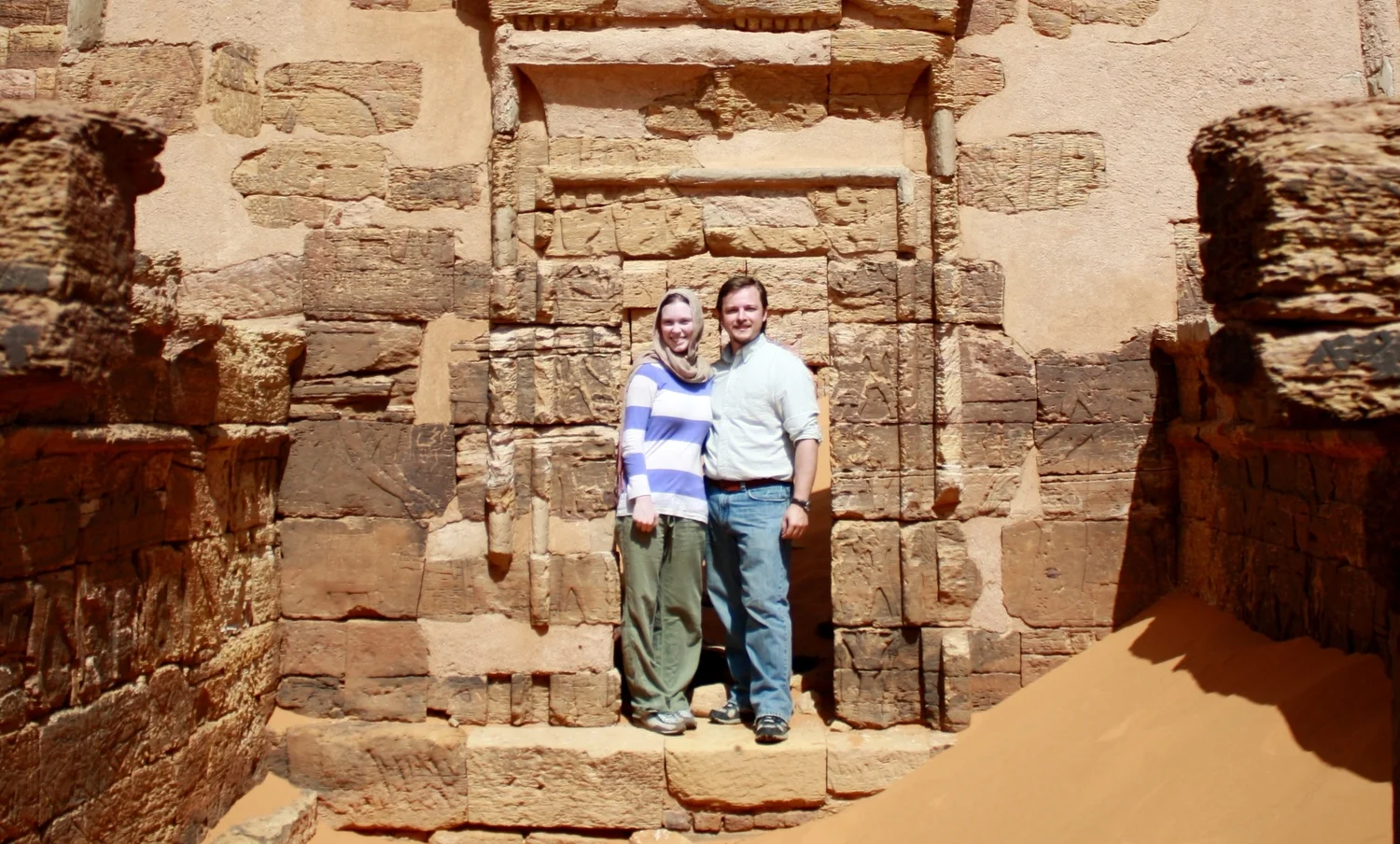As a child I loved to hear stories of great adventures, Hardy Boys braving all to discover the truth or unseen worlds of child kings and talking lions. My real world was one of transatlantic airplanes and the beautiful African rainforest where I caught fish with a spear gun and went to boarding school in the Great Rift Valley, so it wasn’t a lot for my ADHD to color the pages of my life with the adventures I heard in those stories.
When God called me to be a witness of His love to the nations I can’t remember experiencing any reticence. My life was made for high adventures! Why should that stop when I left home?
Over the years my heart to carry the gospel to unreached peoples grew. I would read about distant cities filled with men, women and children where the good news was unknown and my heart would break; seeing pictures of lost people my hands would become stained with easily shed tears.
In college, I met an incredible young woman who spoke as passionately about the lost as I did. And after wedding bells and years of ministry the two became three with number four on the way. Finally, the door to distant lands was open. The far off deserts of Northeastern Africa were open and God’s call was saying go.
Although we never faltered in stepping forward, setting our life in step with God’s call to the unreached a veil I’d never seen before appeared on the horizon. Behind the veil were a growing host of unknowns that hinted at immeasurable risk.
Was I willing to be a martyr? Yes. Was I willing to take my family where my wife and children could face martyrdom?… Those answers didn’t come so quickly. The hyperactive mind that fed my sense of adventure in childhood became a dangerous playground of terrifying thoughts.
Looking back, our years in Northeastern Africa filled our family with the most impressive tapestry woven of great and painful memories. Today, we rejoice remembering as we celebrated Christ with new brothers and sisters and endured persecution in a deeper way than ever before. Without a doubt, we were meant to be there, to laugh with those who laughed and mourn with those who mourned. We were called to speak people’s names and tell them the wonders of our God. We were commissioned to step out from the reached in the known to live Christ among the unreached in the unknown.
Unknown risk is the first veil that keeps followers of Jesus from reaching the unreached. It is not persecution that keeps men and women from proclaiming the gospel, but the fear of rejection and images of suffering the mind conjures up as we stare into the unknown.
We say to ourselves, “Trust in the Lord with all your heart and lean not on your own understanding,” but when the time comes to step out like Peter onto the turning waves do the unseen sea creatures of the deep keep our feet planted in the local church (Proverbs 3.5, Matthew 14.29)?
We ask ourselves what are we willing to sacrifice, but the true question, the question that God places before us is, what are we willing to gain? To our eyes the nations are shrouded in darkness where stepping out means risking more than we could imagine. Then the voice of God calls us higher and as we set out eyes above the veil we hear the heavens declare, “the whole earth is full of His glory!” (Isaiah 6.3).
In that place we are undone. Our fears and courage, our unknowns and knowns weigh around us as we recognize we have been invited into the very presence of the Lord, to be known, loved, redeemed and transformed. And falling to our knees, with contrite hearts and cleansed lips we hear God say, “Whom shall we send? Who will go for us?”
How will you answer?






